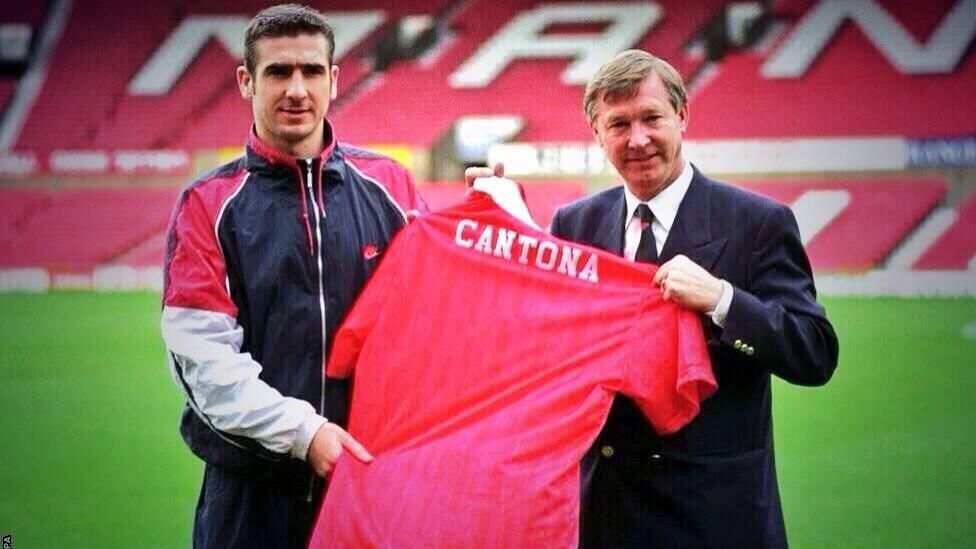Understanding the seven decision types – with their strengths and pitfalls – helps to make better decisions.
When decision-making in sports is discussed, the types of thinking that lead to a decision are often reduced to intuitive (how athletes make decisions in a game) and analytical decisions (evaluating pros and cons). Is that really all there is?
Based on our work with elite sports coaches in the Netherlands and Australia and an extensive review of the decision-making literature, Tim van Gelder and I describe seven types of decisions sports coaches (and people in general) naturally make. The framework has been published in this academic article in Strategies and summarised in this article in Pursuit.
Having an understanding of how decisions get made is essential to improve decision-making. Seeing a match as a war, for example, can make a coach choose players who win physical ‘battles’ over players who are more technically gifted (we call this metaphor-based decision-making). Reflecting on this type of thinking is important because changing the metaphor changes the decision.
This interactive online module can be used to learn about and reflect on the decision types.



